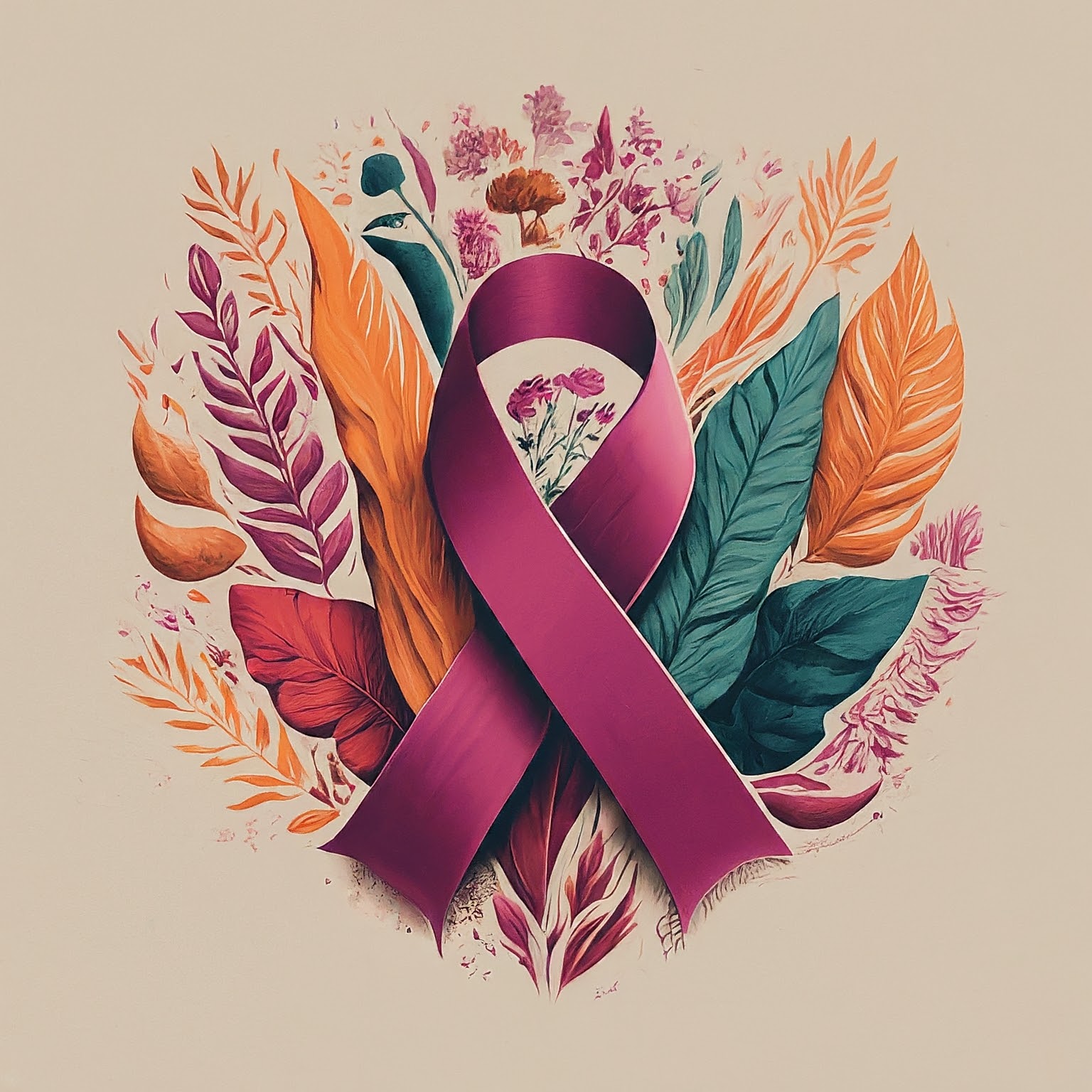World Cancer Day 2025: United by Unique in the Fight Against Cancer
Event date
February 4th marks global action for cancer prevention, early detection, and treatment.
History
Started in 2000 at a Paris summit with the World Cancer Declaration setting its course.
Theme
- 2025: "United by Unique"
- previous campaigns focused on closing care gaps and personal pledges.
About
Spread awareness, support research, join events, and embrace a healthy lifestyle.

What is World Cancer Day?
World Cancer Day hits every February 4th with a mission: to wake the world up to cancer. It’s about spreading the word on preventing it, catching it early, and ensuring everyone gets the treatment they need. This day is a global shout that cancer doesn’t have to win.
The History of World Cancer Day
Back in 2000, the Union for International Cancer Control kicked off World Cancer Day at a Paris summit. The Charter of Paris Against Cancer was signed, setting February 4th as the day to rally against cancer. With UN backing, it’s grown into a worldwide push for better health and hope.
| Year | Key Event |
|---|---|
| 2000 | Established at the World Cancer Summit in Paris |
| 2008 | World Cancer Declaration sets global goals |
| 2022-2024 | "Close the care gap" campaign launches |
Why World Cancer Day Matters
Cancer’s a heavy hitter globally, but this day fights back. Here’s why it’s a big deal:
- Awareness Saves:Knowing prevention—like skipping tobacco—cuts risk.
- Early Wins:Spotting it early with screenings boosts survival.
- Care for All:It tackles gaps, especially where resources are thin.
It’s also about heart—supporting the emotional side of cancer’s journey.
World Cancer Day Themes: 2025 and Beyond
For2025, the theme is"United by Unique,"kicking off a 2025-2027 campaign that puts people first—every cancer story matters.2024’s"Together, we challenge those in power"pushed for action, while the2022-2024"Close the care gap"fought for fairness.2020’s"I am and I will"sparked personal pledges. Each theme powers up the mission.
| Year | Theme |
|---|---|
| 2025 | United by Unique (2025-2027 campaign) |
| 2024 | Together, we challenge those in power |
| 2022-2024 | Close the care gap |
| 2020 | I am and I will |
The Story of Cancer’s Fight
Cancer’s been a foe for ages, but the 20th century flipped the script with treatments like chemo and radiation. World Cancer Day, born in 2000, keeps the momentum—uniting us to shrink cancer’s shadow with every step forward.
“Cancer touches millions, but together, we can rewrite its story—united by our unique journeys.”
How to Celebrate World Cancer Day 2025
Jump in on February 4th with these ideas:
- Learn Up:Get the facts on cancer prevention—then share them wide.
- Support Research:Give to or volunteer with cancer-fighting groups.
- Hit Events:Join walks, talks, or webinars to boost the cause.
- Go Social:Post with #WorldCancerDay—spread hope and facts.
- Live Healthy:Ditch smoking, eat right, move more—cut your risk.
Every action’s a spark in the fight.
Cancer Today and Tomorrow
Cancer’s still a top killer, but new treatments—like immunotherapy—are game-changers. The push for fair care worldwide keeps growing, with World Cancer Day lighting the way toward a future where cancer’s grip weakens.
Wrapping Up: A Day of Unity
World Cancer Day 2025, on February 4th, is more than a date—it’s a movement. From its Paris roots to the "United by Unique" call, it’s about standing together. Get involved—learn, share, act—and help rewrite cancer’s story for all.
